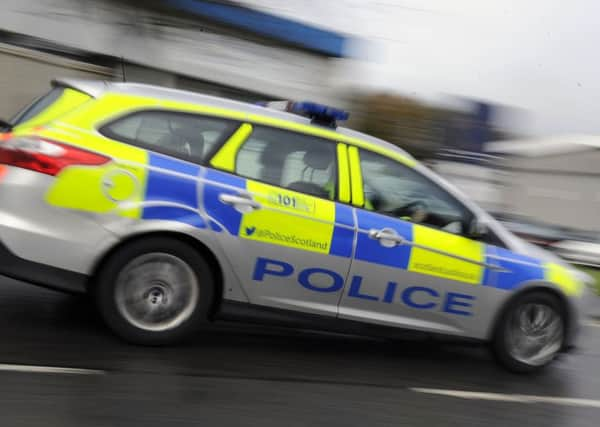Chris Marshall: Police spying adds further damage


It was a row quickly christened “Snoopgate” amid reports the intelligence services had secretly begun spying on MSPs. Within hours of a newspaper story appearing last month in which it was alleged surveillance agency GCHQ had set aside a ban on tapping politicians’ phones at Holyrood, First Minister Nicola Sturgeon was rightly demanding answers from the UK government.
In an open letter to Prime Minister David Cameron, the First Minister sought assurances over a number of concerns raised by the apparent relaxation of the so-called Wilson doctrine, which was introduced in 1966 to protect the communications of elected members.
Advertisement
Hide AdAdvertisement
Hide AdPredictably, the SNP media machine also waded in, issuing a press release in which the party described the revelation as “deeply troubling”.
But when it emerged at the weekend that Police Scotland may have been spying on journalists, those same voices remained implacably silent.
Asked for its response to claims that police have been using the controversial Regulation of Investigatory Powers Act (Ripa) to access reporters’ phone records, the Scottish Government used that old fall-back of the issue being a reserved matter.
It was claimed in a Sunday newspaper that Police Scotland is one of two UK forces to have contravened a code put in place by the Interception of Communications Commissioner Office earlier this year.
The controversy over Ripa grew last year when it emerged the Metropolitan Police had used the act to obtain journalists’ phone records while investigating the “Plebgate” affair.
The act allows for the interception of the “who, when and where” of communications, but not the content.
Police Scotland has so far declined to comment on the allegations, but the story has fed into an increasingly negative narrative about the force.
Justice secretary Michael Matheson, who has so far shown himself to be his own man with decisions such as the cancelling of a much-maligned “superprison” for female offenders, has been slow to assert himself on the issue of police reform and that of beleaguered Chief Constable Sir Stephen House, who now faces regular calls for his resignation.
Advertisement
Hide AdAdvertisement
Hide AdClearly irked by repeated attacks on the service, it has fallen to the Scottish Police Federation, a staff association, and the Association of Scottish Police Superintendents (ASPS) to mount a defence. In a blog posted this week, ASPS president Niven Rennie said Police Scotland’s “remarkable achievements” against a background of cost-cutting had been lost amid all the criticism.
That may be true, but at the moment, there’s no sign of that criticism abating.